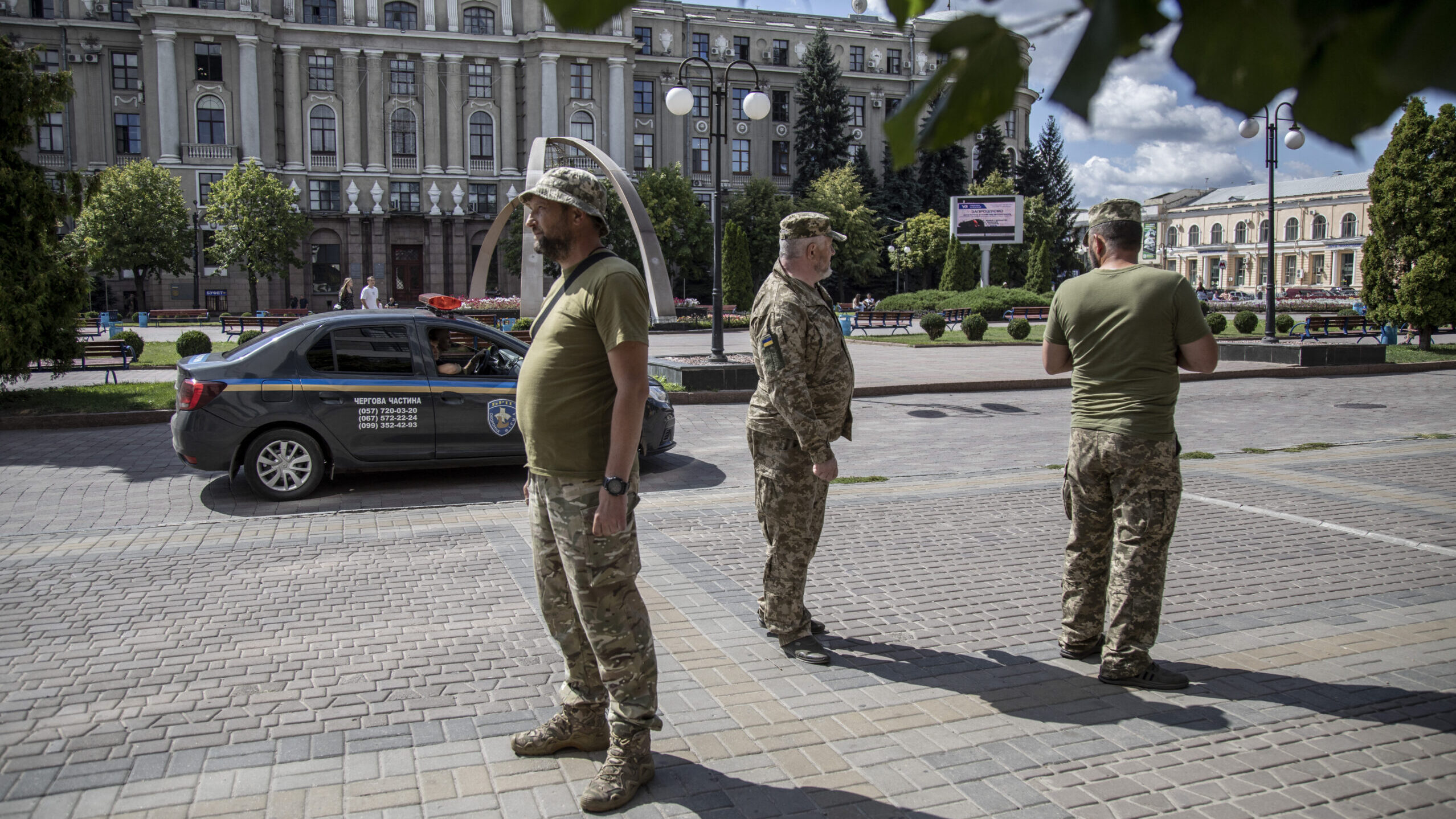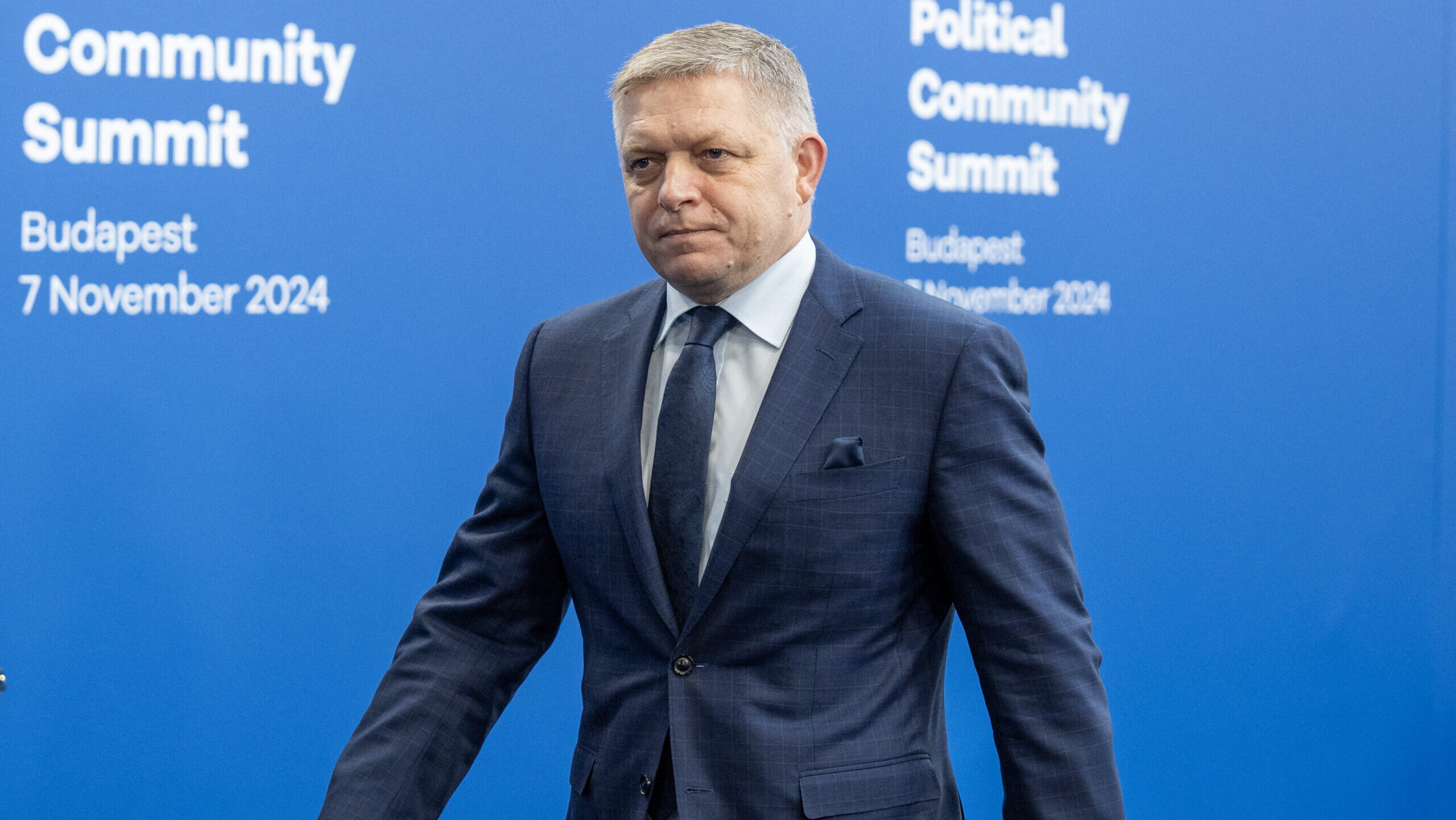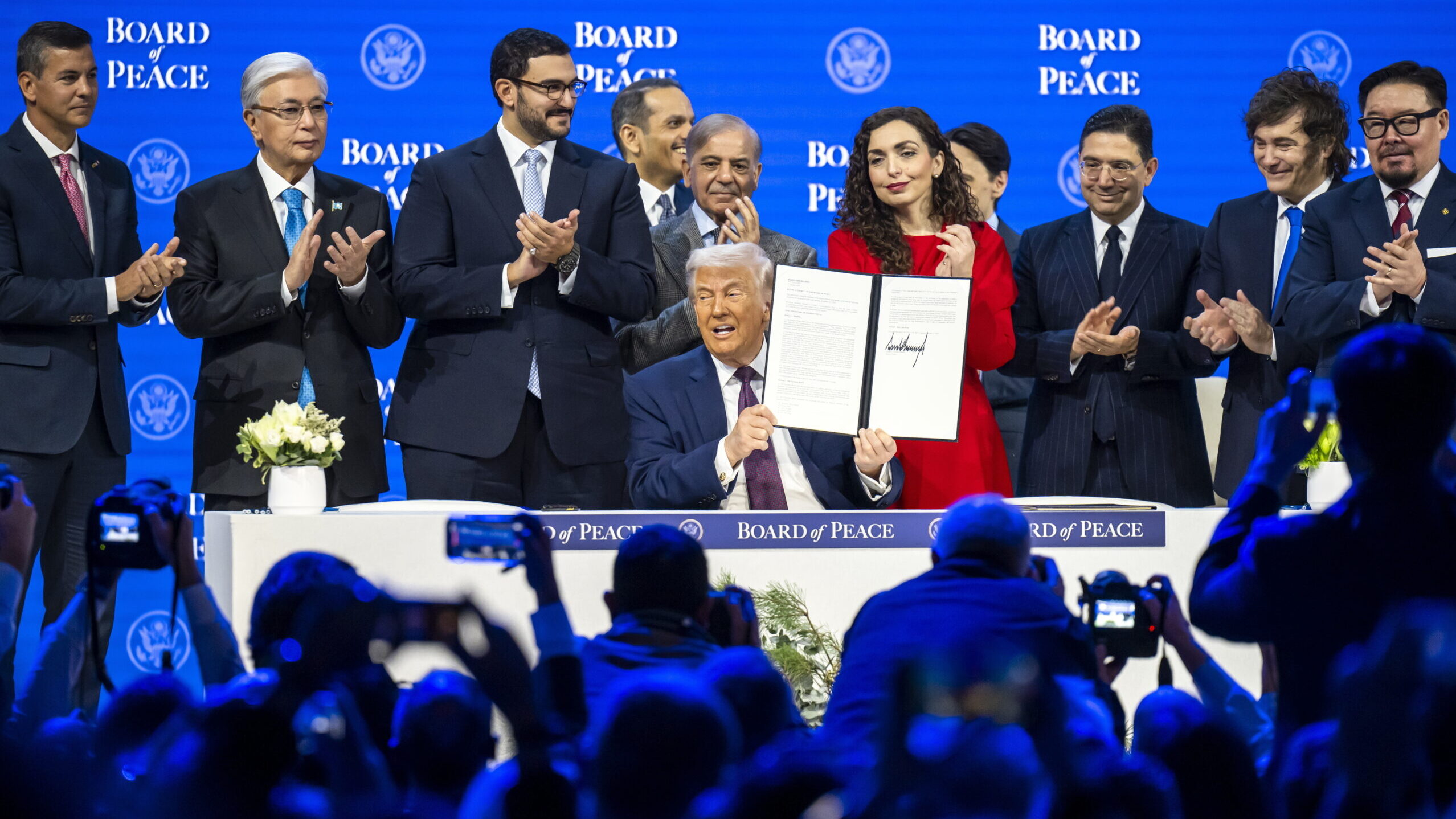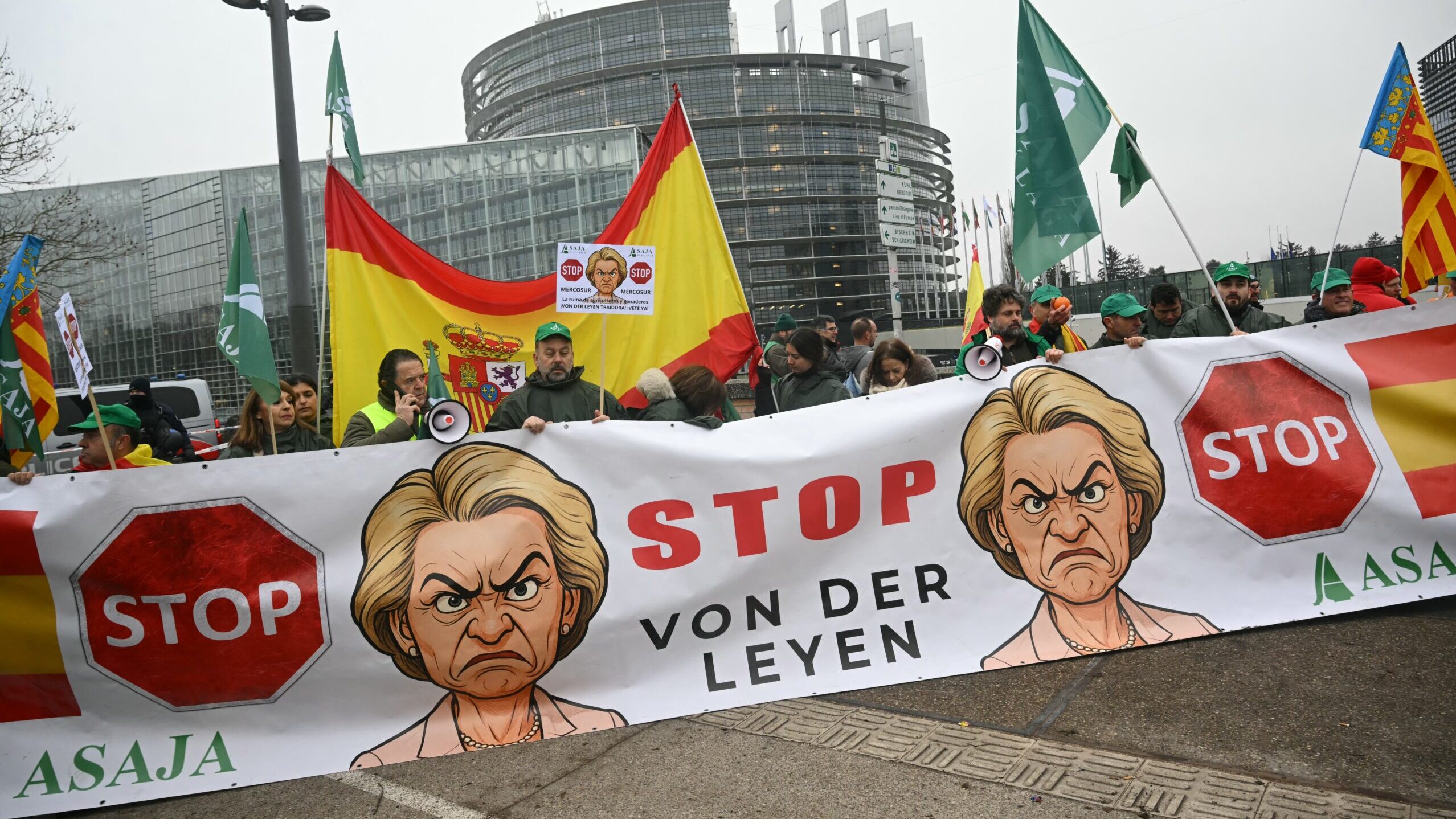
God Bless Hungary – Interview with Rod Dreher
‘I’ve often said that if Donald Trump had had even half the intelligence and the focus of Viktor Orbán, America would be a very different place.’

‘I’ve often said that if Donald Trump had had even half the intelligence and the focus of Viktor Orbán, America would be a very different place.’

Hungarian Minister for Foreign Affairs and Trade Péter Szijjártó condemned the detention of ethnic Hungarian politician Örs Orosz by Slovak police during a protest against the Beneš decrees in Bratislava, stressing that Hungary rejects the principle of collective guilt and will continue to raise the issue with the Slovak government.

Hungarian officials have condemned the death of 46-year-old Zsolt Rebán, an ethnic Hungarian and EU citizen who collapsed after being forcibly conscripted by Ukrainian authorities despite a documented heart condition. His death has intensified Budapest’s criticism of Kyiv’s mobilization practices and further strained already tense Hungarian–Ukrainian relations.

Masked Antifa-linked extremists armed with improvized weapons clashed with Italian police in Turin, resulting in multiple injuries and arrests. Italian Prime Minister Giorgia Meloni condemned the violence and urged the courts to hold the perpetrators accountable. The events in Turin are yet another example of increasingly aggressive far-left political violence that many Western countries have to confront in order to maintain stability.

Liberal-progressive Renew Europe has leapt to the defence of Budapest Mayor Gergely Karácsony after Hungarian prosecutors charged him over organizing the banned 2025 Pride march. Framing the case as a political attack on ‘European values’, Renew leaders accused Budapest of authoritarianism—escalating tensions just weeks before Hungary’s parliamentary election.

Slovak Prime Minister Robert Fico has fiercely rejected a POLITICO Brussels report claiming he questioned Donald Trump’s mental health during last week’s EU summit, calling the story a fabrication built on anonymous leaks. Fico said he made no such remarks, accused the outlet of spreading deliberate lies, and warned of a broader effort to discredit leaders pursuing independent foreign policies.

Donald Trump’s Board of Peace is not merely a new diplomatic forum, but a deliberate attempt to replace the United Nations’ paralysed conflict-resolution role. Designed to bypass vetoes and institutional capture, the initiative could weaken China’s leverage at the UN and drive Moscow away from Beijing.

On International Holocaust Remembrance Day, US Chargé d’Affaires Caroline Savage joined an immersive augmented-reality experience that transforms Budapest’s former Jewish ghetto into a living historical space. The project, If These Streets Could Talk, uses cutting-edge technology to place visitors inside real stories from the Second World War—an approach Savage described as ‘extremely powerful’.

European Commission President Ursula von der Leyen faces her fourth no-confidence vote in six months on Thursday, after the right-wing Patriots for Europe tabled a new motion of censure. The vote follows a major setback for von der Leyen and the EPP, as the European Parliament sent the EU–Mercosur deal to the Court of Justice for legal review.

‘Indeed, if anything—as the Hungarian model demonstrates—a healthy sense of Christian nationalism and identity turns out to be protective of Jewish human rights and dignity, certainly in comparison with those Western environments shaped by secular liberalism.’